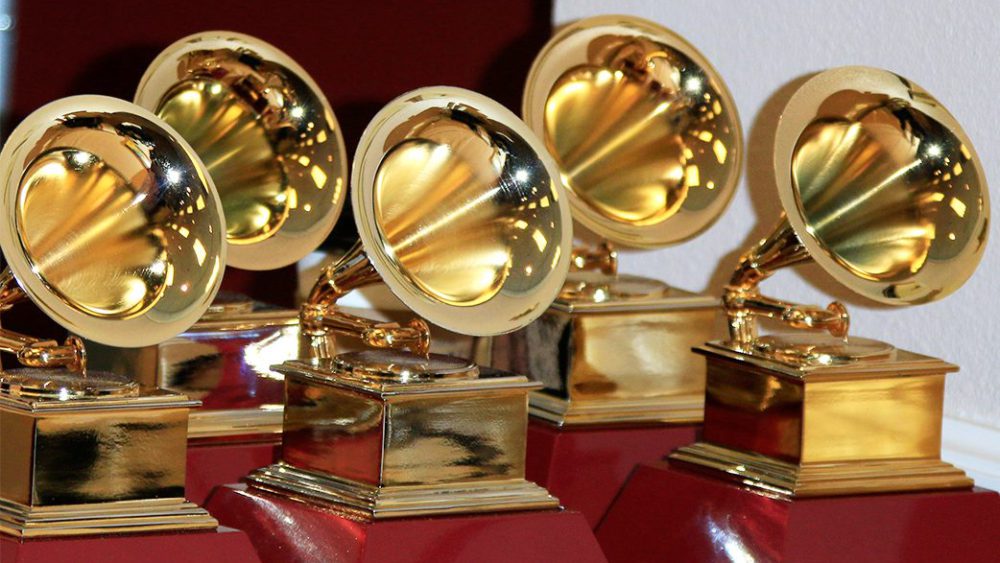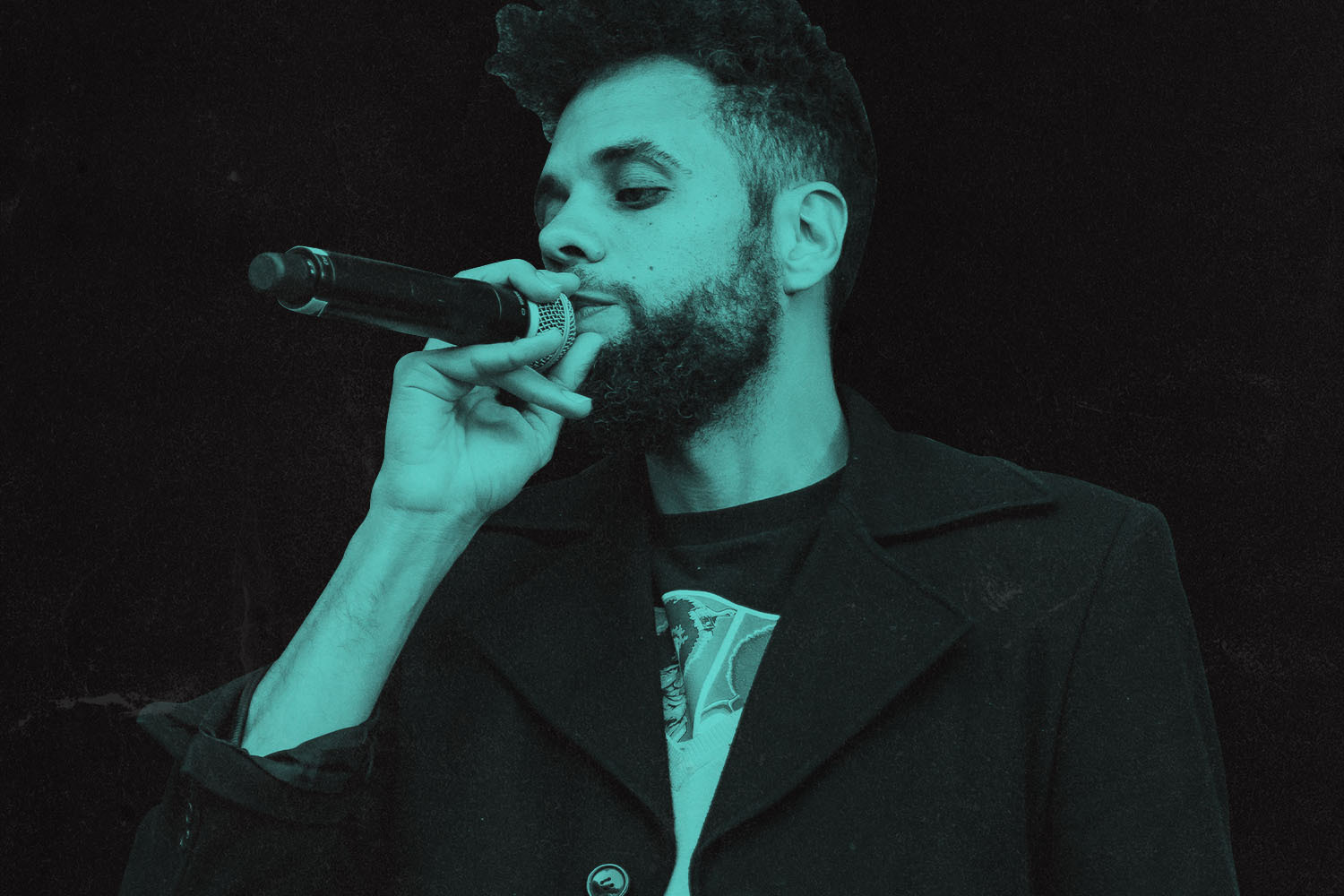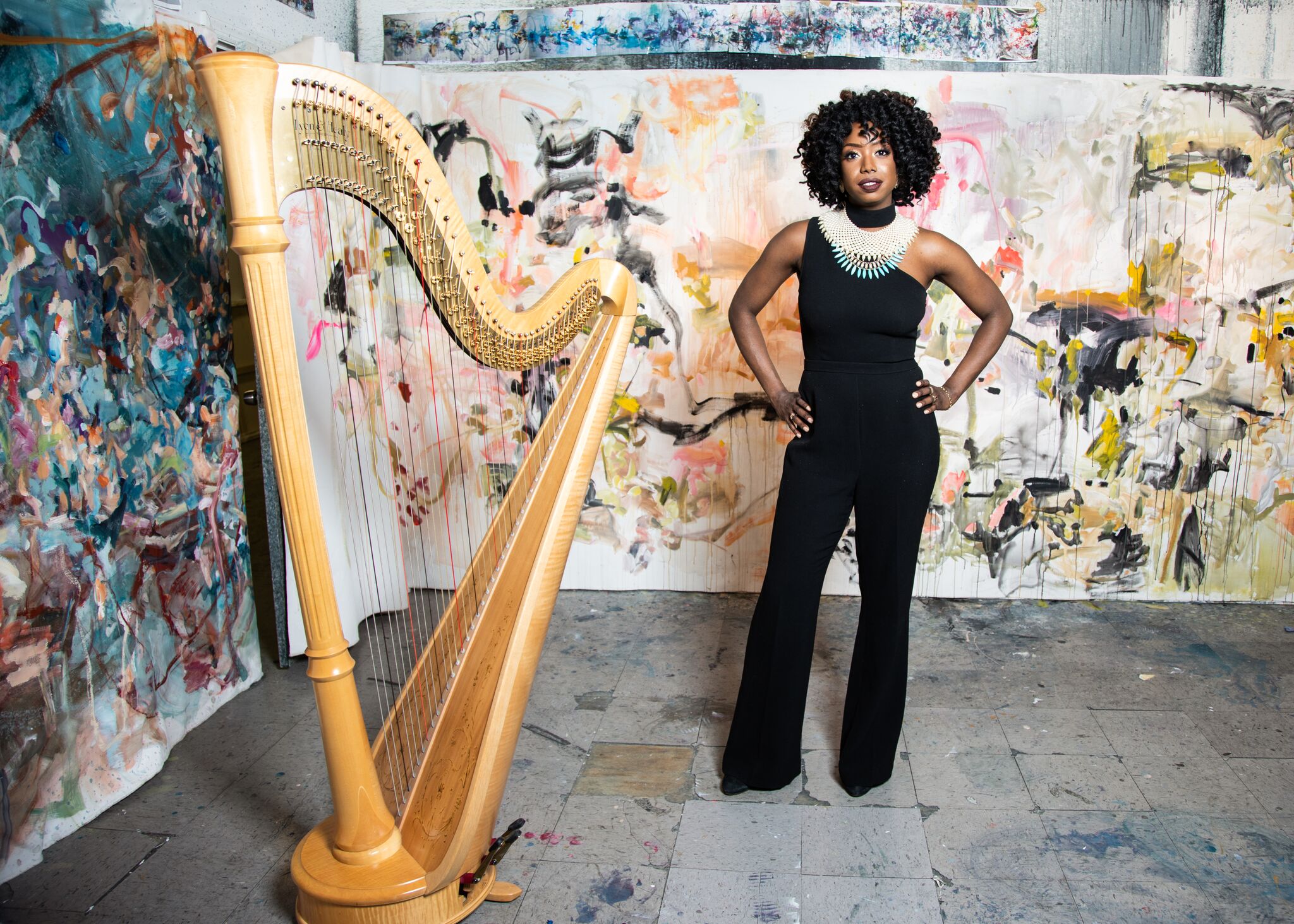When the news spread on Thursday that beloved jazz pianist Chick Corea had died at 79, most reactions took one of two forms: shock at his untimely death and acclaim for the breadth of his career. According to a statement issued on his Facebook page, Corea died from “a rare form of cancer which was only discovered very recently.”
In the same statement, he addressed his own ongoing relationship with music. “I want to thank all of those along my journey who have helped keep the music fires burning bright. It is my hope that those who have an inkling to play, write, perform or otherwise, do so,” Corea wrote. “If not for yourself then for the rest of us. It’s not only that the world needs more artists, it’s also just a lot of fun.”
That sense of fun and wonder can be seen in countless images of Corea on stage, piano or keyboards in front of him, focused on the act of creating something but also overtaken with the joy of it.
As Hank Shteamer wrote in Rolling Stone, Corea began his career in the 1960s, playing with the likes of Herbie Mann and Stan Getz. At the end of the decade, he joined Miles Davis’s band as Davis was exploring the boundaries of jazz; in the 1970s, Corea’s own band, Return to Forever, offered listeners a sense of what was possible from jazz fusion.
Corea won 23 Grammy Awards over the course of his career and was named an NEA Jazz Master in 2006. He is remembered both for his skill at his chosen instrument and his deftness as a composer, as well as for his warmth as a collaborator. It’s an impressive legacy by any standard.
Thanks for reading InsideHook. Sign up for our daily newsletter and be in the know.

















